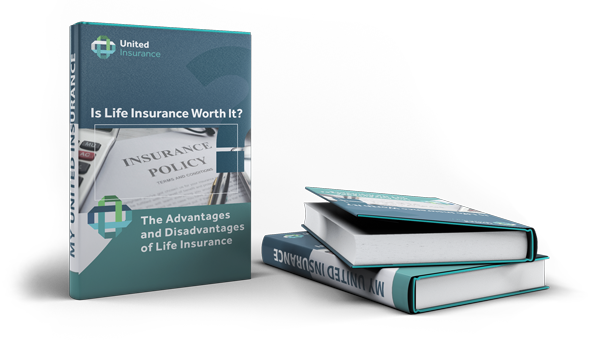
When it comes to life insurance, there are three main types: whole life, term life, and universal life. Each type has its own unique benefits and drawbacks. So which one is right for you? In this blog post, we will discuss the pros and cons of each type of life insurance policy so that you can make an informed decision about what’s best for your needs.
What is Universal Life
Universal life insurance is a type of permanent life insurance that offers flexible coverage and cash value accumulation. Universal life policies are designed to last for the policyholder’s entire lifetime, provided that premiums are paid as required. The death benefit and cash value of a universal life policy are both tax-deferred, which means they can grow without being subject to income taxes.

Benefits of Universal Life
There are several key benefits of universal life insurance, including:
- Flexible Coverage: One of the biggest advantages of universal life insurance is that it offers flexible coverage. You can choose how much coverage you need and adjust your coverage as your needs change over time.
- Cash Value Accumulation: Universal life policies also offer cash value accumulation, which means that your policy will build up a cash reserve that you can access if you need it. You can use the cash value to help pay for things like college tuition or retirement.
- Tax-Deferred Growth: The death benefit and cash value of a universal life policy grow tax-deferred, which means they can grow without being subject to income taxes.
Drawbacks of Universal Life
There are also some potential drawbacks to universal life insurance, including:
- Higher Premiums: Because universal life policies offer flexible coverage and cash value accumulation, they typically have higher premiums than term life insurance policies.
- Complexity: Universal life insurance can be complex, and it may be difficult to understand all of the features and options available. It’s important to work with a qualified financial advisor to make sure you choose the right policy for your needs.
What Are The Different Types?
Now that we’ve discussed the pros and cons of universal life insurance, let’s take a look at the different types of universal life policies:
Whole life: Whole life insurance is the original type of permanent life insurance. It offers level premiums and guaranteed death benefits, as well as cash value accumulation. Whole life policies are typically more expensive than other types of life insurance, but they offer more stability and predictability.
Term life: Term life insurance is a type of temporary life insurance that offers protection for a specific period of time, such as 20 years. It does not build cash value and typically has lower premiums than whole life or universal life policies.
Universal life: Universal life insurance is a type of permanent life insurance that offers flexible coverage and cash value accumulation. Universal life policies are typically more expensive than whole life or term life policies, but they offer more flexibility and potential for growth.
No matter which type of policy you choose, it’s important to work with a qualified financial advisor to make sure you’re getting the coverage you need at a price you can afford. Universal life insurance can be a great option for people who want flexible coverage and the potential for cash value growth, but it’s not right for everyone. Make sure to compare all of your options before you make a decision.

What is The Best Way to Shop For It?
When you’re ready to start shopping for life insurance, it’s important to work with a qualified life agent. They can help you compare different policies and choose the one that’s best for your needs. They can also help you understand the different types of life insurance and how they work.
If you’re looking for universal life insurance, be sure to compare different policies and companies before you make a decision. There are many different options available, and it’s important to find the policy that’s right for you. Make sure to ask about the different features and benefits of each policy, as well as the costs.
When you’re ready to purchase life insurance, be sure to work with a qualified life agent. They can help you compare different policies and choose the one that’s best for your needs. They can also help you understand the different types of life insurance and how they work.
